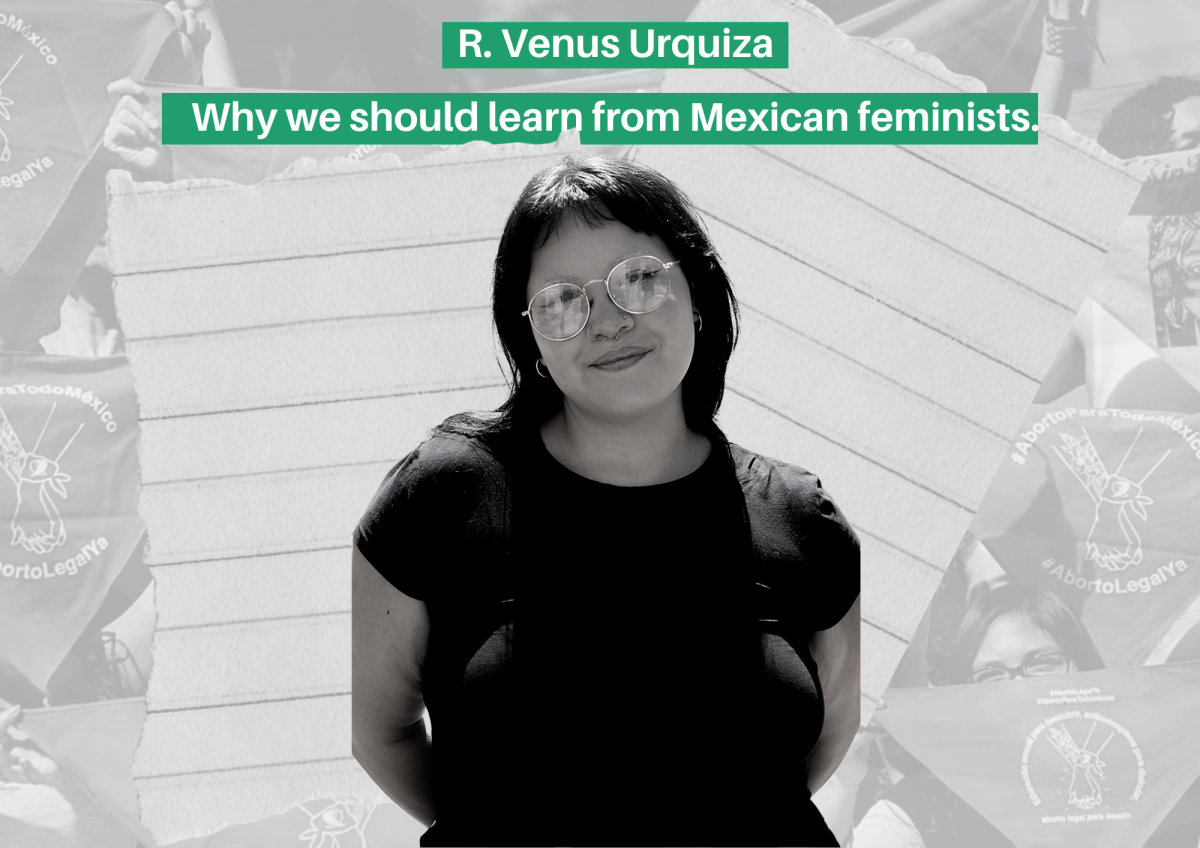As tensions continue to rise in the U.S. over women’s rights, Mexico’s Supreme Court has made one of its most historic and progressive decisions. Mexico’s Supreme Court has unanimously decriminalized abortion from its federal penal code, granting women all over the country the right to abortion.
Throughout the last two years, feminists in Mexico have fearlessly protested Mexico’s laws prohibiting abortions all over the country. Sept. 6, they were able to see the fruits of their hard work.
As we celebrate this victory for our Mexican sisters, women in El Paso are still wondering when it will be their time.
When the U.S. Supreme Court overturned Roe V. Wade, June 24, 2022, stripping women of their rights to an abortion, women have been fighting to have what is rightfully theirs since. Although El Paso voted to limit abortion investigations this year Jan. 31, abortion laws in Texas make it incredibly hard to access abortion, and in El Paso that access is no longer available.
Unfortunately, some women say limiting abortion investigations in El Paso is not enough. When women speak out on this issue, they say we must learn from our Mexican sisters and go out and fight without fear for the rights that belong to us. We must learn to feel our anger and use it to voice our needs, like the women in Mexico did for the past two years.
As a border city, El Pasoans may now have the benefit of going to Mexico for reproductive health needs, but the question of how Texas will react to this remains unclear. In the state of Texas, anyone who performs, or helps with an abortion could be prosecuted under S.B. 8, and whether that will apply to doctors in Mexico is unclear.
Under this bill, women who seek abortions outside the state could be prosecuted and some local women believe vagueness of the U.S. Supreme Court Roe V. Wade decision makes it easier for conservative states to pass such laws.
It is a challenging time for women in the U.S., not only is prosecution a possibility for receiving an abortion but also for helping someone receive an abortion.
Texas can now prosecute the mother who made the call to the abortion center, the friend who gives a ride, and the doctor who performed the abortion. These laws are now not only affecting women, but anyone who helps with the process, and this is the reason why it takes a village to fight these laws.
Mexico’s historic decision is an example of what happens when people fight together. It is encouraged to put prior beliefs to the side and listen to the voices of all women, unite as women, and demand justice. It is a scary time to be a woman in the U.S., and as we celebrate the victory of our Mexican sister, we must not forget our fight is not over yet.
Venus Urquiza is a contributor and can be reached at [email protected]








